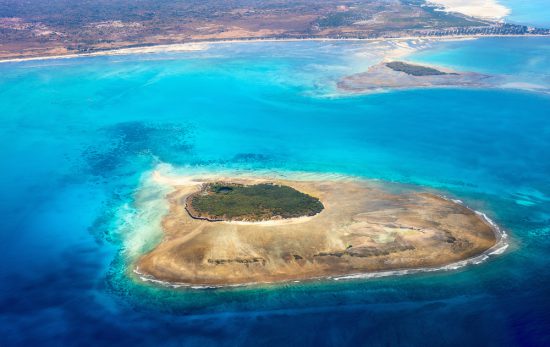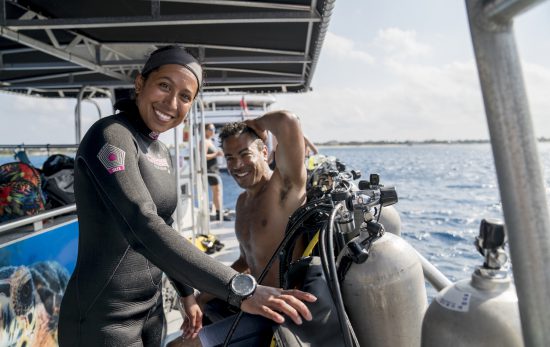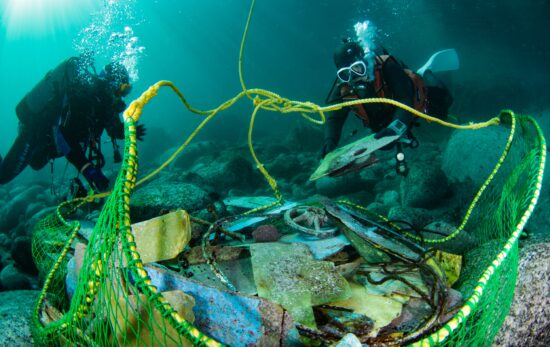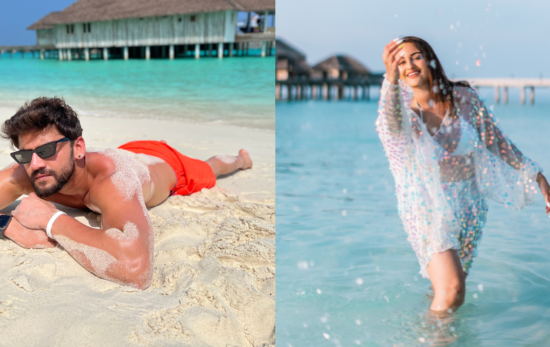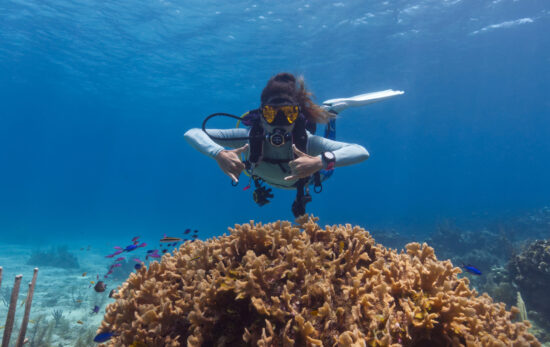As scuba divers, we have the unique opportunity to witness the beauty of our oceans. We unfortunately also know that our beloved playground is at risk. While there are many ways we can pledge to be responsible scuba divers, do you know there are also many things you can do at home that will help to protect what you love the most?
1 ) Reducing our carbon footprint will help to contain global warming and hence to avoid coral reefs from bleaching
Our carbon emissions come mainly from 3 areas: the way we heat our homes, the way we go to work and what we eat. Investing in a schedule timer or a more efficient heating system such like those using renewable energy is a great way to cut on your carbon footprint. If you can, public transportation or cycling to work will not only reduce your CO2 emissions but also help you make significant savings for your next scuba diving holiday. Far less know that livestock farming also has one of the most significant CO2 impacts, so reducing the amount of meat in your meals is an excellent way also to help the ocean. Why not try meatless Mondays for instance?
2) Cutting on single-use plastic waste will help avoid marine life choking on plastic
I’m sure you’ve seen the depressing images of whales with stomachs filled with plastic bags, the turtle which got a plastic straw stuck in its nose or the award-winning photography of a tiny seahorse hanging to a cotton bud floating in the sea. Our single-use plastic waste such as plastic bags, plastic bottles, food and cosmetic packaging is killing marine species on a daily basis. Plastic doesn’t degrade for thousands of years but breaks into tiny bits, which are then absorbed by all kinds of marine species, including the ones we eat. The easiest way to start is to carry with you a tote bag, a refillable water bottle and a cutlery kit, check out PADI’s 5 Step Guide to a Plastic Straw Free Life for tips on how to cut out single use plastic straws.
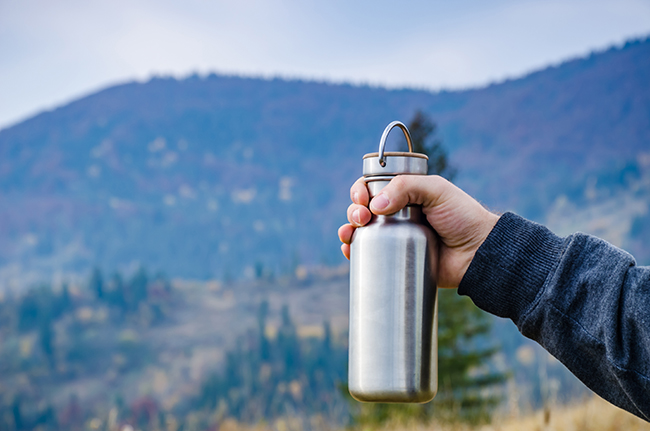
3) Being mindful of our fish consumption because the overfishing issue is real
I understand we are overwhelmed with messages about what to eat and what not to eat. Many have switched to fish instead of meat for health reasons, and sushi has become a global trend. Unfortunately, this made our fish consumption explode in the recent years, and the fishing method to bring cheap fish on our tables destroy marine ecosystems such like deep-sea trawling or pulse fishing, without counting the bycatch. Look for responsible fishing methods thanks to quality labels such as MSC (Marine Stewardship Council) and try to reduce your fish and seafood consumption to maybe once or twice a week.
4) Join a marine citizen science project in your area
To influence policymakers, marine biologists need to gather an enormous amount of data and analyse it to show trends and impacts on marine species and the health of the oceans. The workload to collect data is considerable, and that is why more and more marine institutes are now launching citizen science projects training ordinary people like you and me to the transect methodology and species identification so you can scientifically make records. You learn a lot about marine biology for free, make like-minded friends and have a significant contribution to save our oceans. In the UK you can, for example, look for the “Capturing our Coast” project. Find out more projects you can get involved with here.
5) Spread the word thanks to social media power
The power of social media to influence opinions doesn’t need to be demonstrated anymore. So anytime you see content explaining in a fun and educational way what is at stake about saving our oceans, please share with your friends. At the same time, whenever you see people bragging about how they harassed, touched or fed marine life please refrain from sharing it to avoid giving more people some bad ideas. Moreover, if you have questions, join some of the Facebook groups about Marine Conservation and you will be able to participate in some enthralling discussions and find more cool content to share with your friends.
Author Bio
Florine is a PADI AmbassaDiver, PADI Divemaster and a Dive Travel blogger at World Adventure Divers. She dives in tropical to extreme cold waters, selecting her destinations when both adventure diving and cultural discoveries are part of the journey, and showing you how to do it without breaking the bank.
